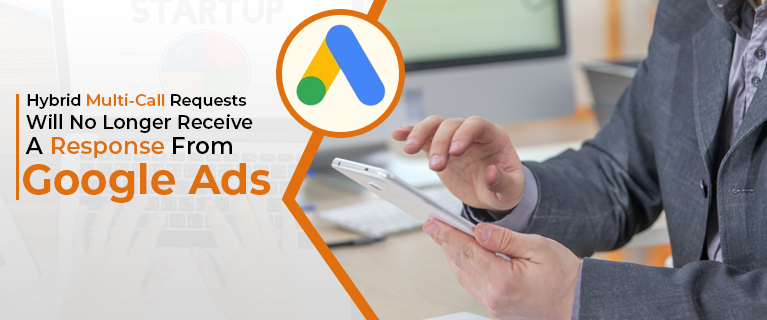In a strategic shift towards real-time bidding auctions for publisher apps, Google Ads has announced that it will cease responding to multi-call requests within hybrid setups starting January 2024. This move marks a continuation of the platform’s gradual transition from traditional waterfall mediation to the dynamic landscape of real-time bidding auctions.
The significance of this announcement lies in the necessity for publisher apps to align with the updated rules to ensure compliance. Google Ads has issued a stern warning, indicating that it will halt purchases from publishers intentionally evading multi-call detection. The platform is actively investing in systems designed to identify publishers attempting to bypass multi-call detection, emphasizing a heightened focus on detecting multi-call behaviour.
Non-compliance with the updated rules carries inherent risks. From January 20, 2024, Google Ads may suspend purchases on publisher apps for a period ranging from one week to one month, contingent on the extent of previously detected abuse. This underscores the platform’s commitment to maintaining a fair and transparent ecosystem.
One method employed to evade multi-call detection involves ad unit representation. This entails frequent creation, usage, or modification of new ad units within multi-call queries. Ad unit misrepresentation is often utilized to conceal the presence of related multi-call requests.
The timing of this transition is noteworthy. As of October 31, 2023, Google Ads ceased purchasing ads for multi-call requests in waterfalls lacking a bidding ad unit. However, interaction with waterfall mediation continued under the condition of a single call within the waterfall. This facilitated the gradual transition to real-time bidding. The forthcoming step in Google’s strategic evolution is discontinuing responses to multi-call requests within hybrid setups, solidifying the platform’s commitment to modernizing its advertising ecosystem.
Understanding the context requires familiarity with mediation, a crucial tool for efficiently managing ad sources in apps. Mediation enables the sending of ad requests to multiple sources, ensuring optimal options to fill those requests. Two predominant types of mediation in Google Ads are bidding and waterfall. Bidding involves real-time competition among ad sources to fill ad requests, while waterfall mediation calls ad sources one by one based on set average eCPM (cost per mille) rather than the source’s willingness to pay.
A hybrid setup, as implemented in AdMob, seamlessly integrates both bidding and waterfall ad sources within mediation groups. This holistic approach ensures flexibility and optimization in ad sourcing, reflecting the industry’s shift towards more dynamic and responsive advertising practices. Publishers navigating this evolving landscape must adapt to these changes, ensuring compliance and embracing the paradigm of real-time bidding as Google Ads propels its platform into the future.



